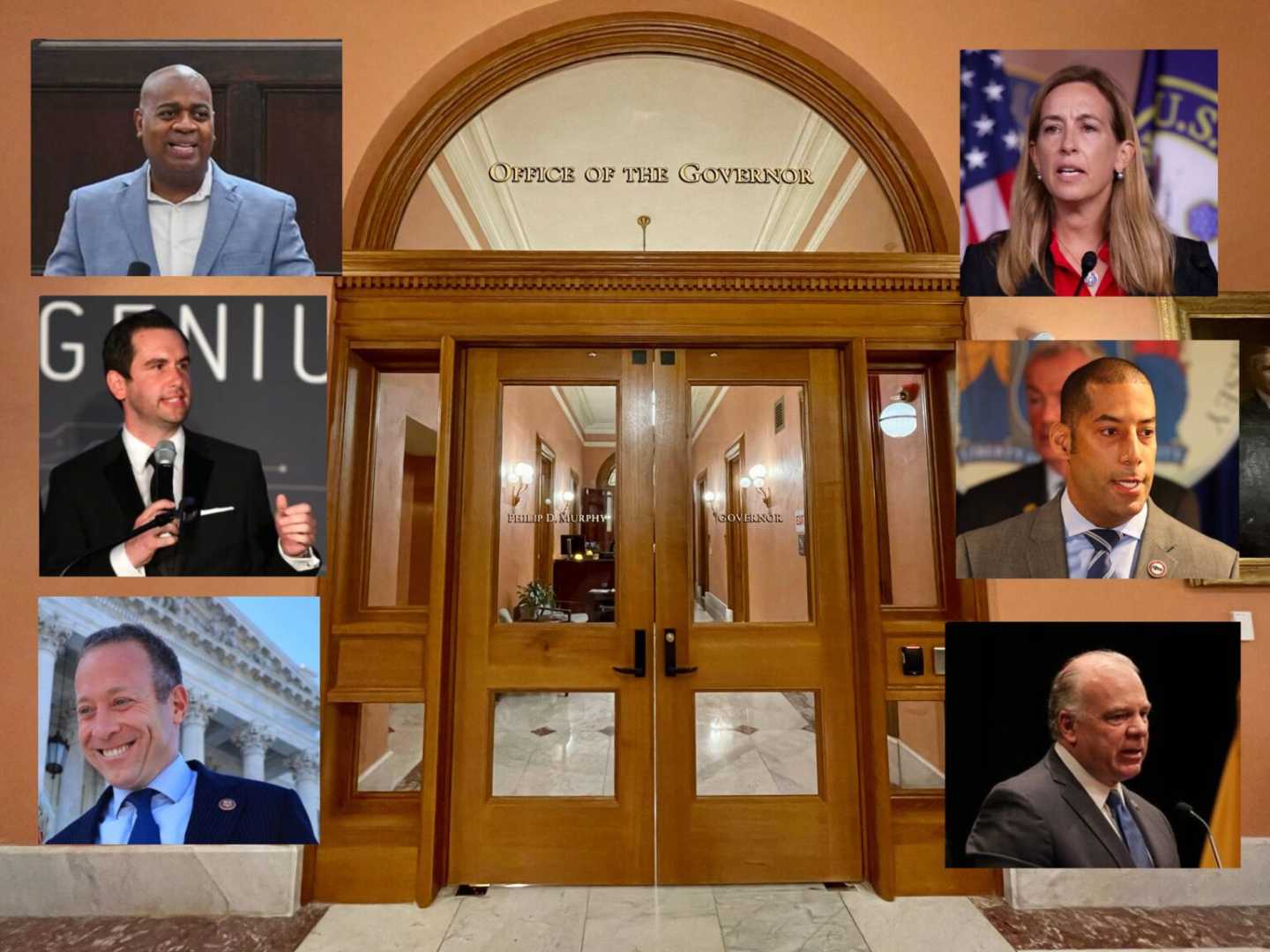Politics
2025 New Jersey Democratic Primary: A Battle for Party Unity

Trenton, N.J. — The absence of a unifying figure like prior Goldman Sachs candidates has thrust New Jersey Democrats into an unprecedented gubernatorial primary battle for 2025. Without a dominant candidate like Jon Corzine or Phil Murphy, who previously N.J. Governor races were marked by clear frontrunners, the party now faces internal strife, heightened competition, and a struggle for unity.
This year, the escalating stakes have left six candidates vying for support, with each sensing new opportunities for victory. The political landscape has shifted dramatically since U.S. Rep. Andy Kim’s stunning defeat of the Democratic Party line in 2024, which had traditionally guarded the party’s power and favor for over two decades.
U.S. Rep. Mikie Sherrill (D-11) continues to maintain her position as a frontrunner, finding strong support in Essex, Hudson, Passaic, and Middlesex counties. These areas are pivotal in a Democratic primary, as they hold significant potential given their high Democratic Party registration. However, Sherrill faces challenges as the emergence of Newark Mayor Ras Baraka disrupts her once solid base, especially in Essex County, traditionally known for its Democratic strength.
The Newark mayor’s growing influence, powered by a coalition of progressive groups, underscores the shifting dynamics within the party. Baraka is bolstered by the endorsement of U.S. Rep. Bonnie Watson Coleman, whose grassroots campaigning showcases his ability to galvanize urban votes in crucial areas like Newark—something Sherrill will have to contend with to secure her support.
While Sherrill’s campaign faces internal dissension, Baraka’s strategy taps into the progressive vein within the Democratic Party, aided by endorsements and a promising ground game. As noted by Watson Coleman, “My hometown turned out,” emphasizing the necessity for Baraka to mobilize city voters to compete effectively.
Also in the mix is Jersey City Mayor Steve Fulop, who aims to capture the progressives similarly to Baraka, albeit with a focus on youth-oriented issues. Fulop’s campaign message is one of revitalization and reform, reminiscent of U.S. Rep. Andy Kim’s insurgent style. Navigating this crowded race will require Fulop to secure backing from 2024’s Kim supporters while simultaneously trying to distinguish himself from Baraka’s progressive allure.
U.S. Rep. Josh Gottheimer (D-5) is also aiming to carve a niche in the primary with a focus on economic issues and affordability. He claims support from Bergen County, yet his appeal is challenged by his centrist stance in a field driven toward progressivism. Gottheimer hopes to harness his resources to establish a foothold as Democratic primary voters seek alternatives.
Meanwhile, former State Senate President Steve Sweeney continues to leverage his connections in South Jersey, claiming a loyal base that is skeptical of progressive candidates. His pragmatic approach to labor issues could mobilize a significant number of voters, though his complex legacy may present a double-edged sword.
New Jersey Education Association President Sean Spiller, although polling lower in favorability, brings significant organizing power from one of the state’s strongest labor groups. Whether he can transition from union leadership to gubernatorial candidacy remains uncertain, but observers note that his affiliation could impact vote dynamics, especially in Essex County.
This ongoing political tussle is indicative of a fractured party that must reconcile its varied interests to emerge united ahead of the 2025 election. As candidate alignments continue to shift, it will be critical for each contender to assert their pathway to victory in a climate where previously dominant lines (historically aligned with big-money candidates) have lost their steadfast appeal.












